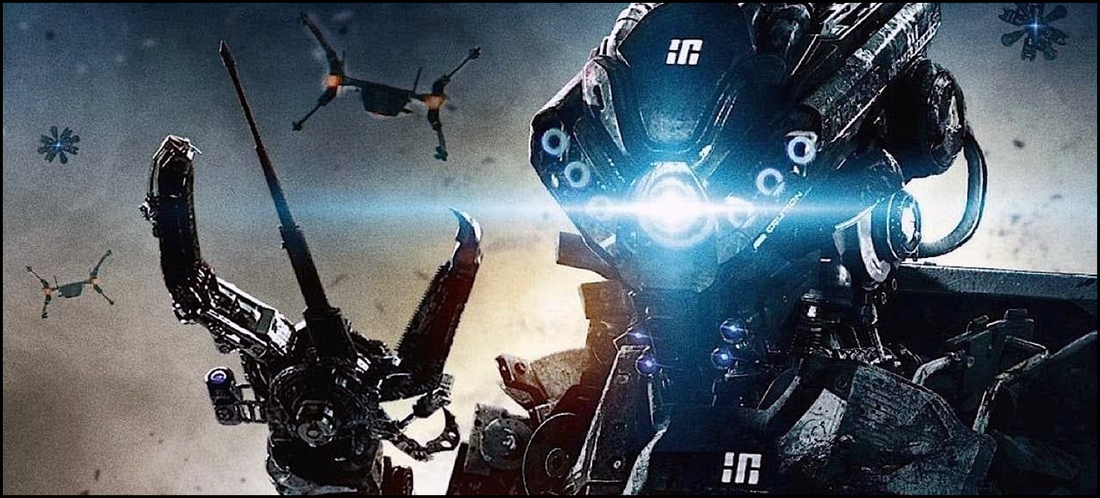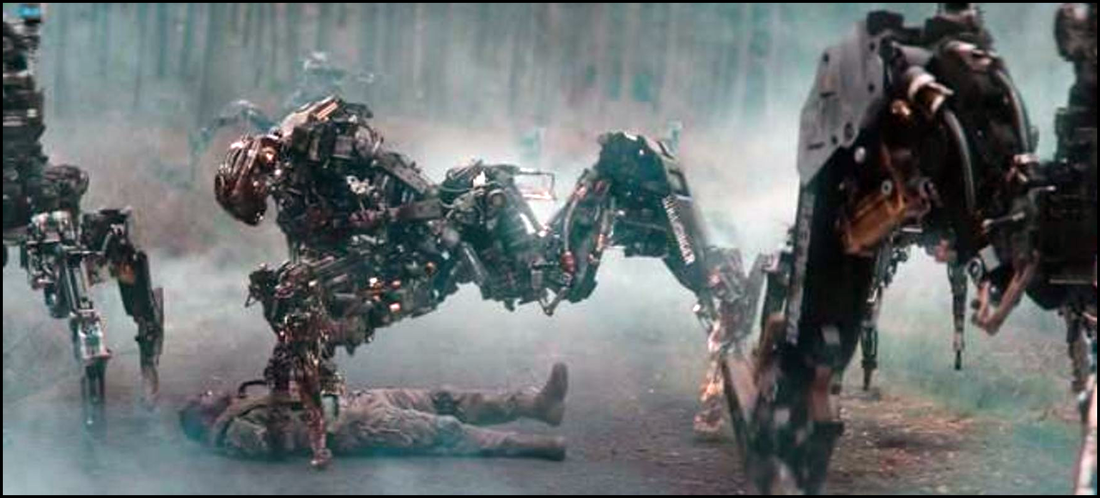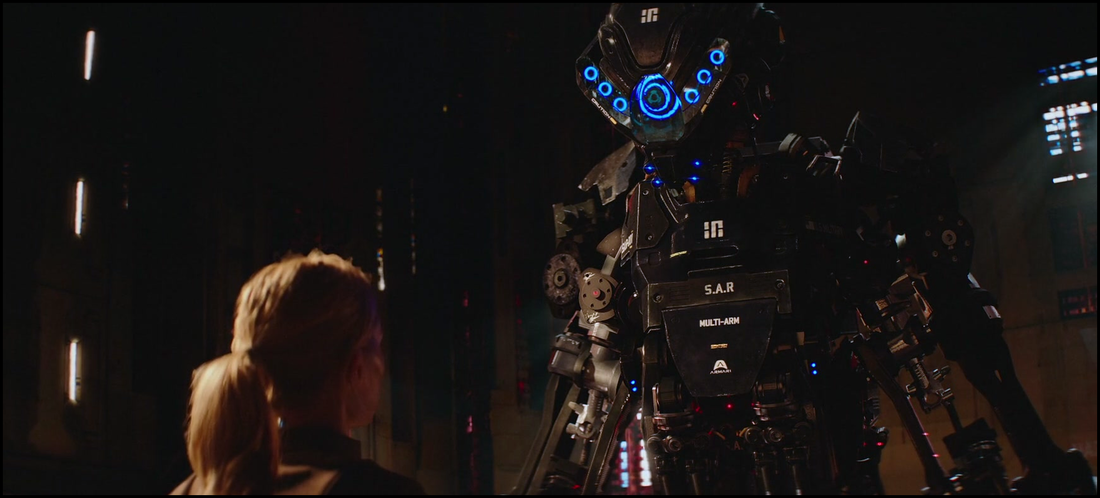Naturally, I agreed with the sentiment – that once you rest too long on your laurels someone or something will likely surpass you in the quest to, say, build a better mousetrap. But do we need a better mousetrap? After all, the original has been around for decades, and it seems to work just fine. Why are we looking at changing it when what we have already works? Of course, it would be nice to have a more humane mousetrap, but at the end of the day aren’t we still left with a dead mouse? Isn’t that dead mouse our sole objective?
(Yes, for the record, my professors hated having me as a student.)
This desire to push back against the conventional wisdom of always finding a better means to an end has even haunted me professionally. I’m sure you can understand why. Management tends to see me as a ‘boat rocker’ – someone who questions the departmental game plan – but when afforded the opportunity I’ve always stressed that my brain simply works better when I know exactly what it is you’d like me to improve. Don’t cushion the objective with fancyspeak. Give it to me straight! I tend to do my best work when I’m left to with what works right the first time instead of re-arranging life as we know it around no established goal. It just seems inefficient, not to mention disingenuous, and that’s hardly a way to encourage others to keep reaching for the finish line.
Pray tell, what could all of this have to do with a Science Fiction film?
I’m getting to that, and I think you’ll like it when I do. In fact, this sentiment has so inspired me that I’d be happy to christen 2016’s Kill Command as one of the greatest Science Fiction films you’ve never seen and maybe never heard of.
Let’s rectify that right now.
[Note: The following review will contain minor spoilers necessary solely for the discussion of thought and/or characters. If you’re the type of reader who prefers a review entirely spoiler-free, then I’d encourage you to skip down to my last few paragraphs for the final assessment. If, however, you’re accepting of a few modest hints at ‘things to come,’ then read on …]
To its credit, Kill Command (aka Identify) embraces all of the best SciFi and Fantasy influences which have paved the way and made this feature entirely possible. These inspirations come from but are not limited to features like Alien (1979), The Terminator (1984), Aliens (1986), Predator (1987), and RoboCop (1987), with maybe a touch of Starship Troopers (1997) thrown in to name but a few. As I said, the list is long and distinguished; and when you’re borrowing only what you need from the best and actually know what you’re doing with those elements you’re likely to produce a film that stays in good company. Like those pictures, Kill Command is mostly tight and efficient, laying down a path an audience will follow even as the body count continues to rise.
Much like those films, Command is shouldered largely by actors unknown at the time of its production and release. (Yes, Arnold Schwarzenegger might be the exception to that rule as his career built through the 1980’s, but he was hardly a household name when The Terminator went before the lens.) Also, Command was shot in the United Kingdom, which again increases the chance that a U.S. audience – of which I am – is likely to be unfamiliar with most of its faces; this has the net benefit of requiring the viewer to have no preconceived notions about just who may or may not emerge a hero in this conflict once the shooting starts, and this serves to increase the growing tension of the flick’s second half.
Setting that framework aside, writer/director Steven Gomez crafted a contemporary SciFi/Thriller that looks, works, and sounds exceedingly top notch on what was a relative shoestring budget: from my research, I’ve read several notations which claim all of this wild ride – cast, effects, and all – was accomplished for little over $1 million for an independent feature. That’s gobsmackingly hard to believe but – if true – this guy needs to be given the opportunity to follow this up. While we’re not talking ILM-caliber visuals, they’re arguably a very close second place – maybe third, in a few passages – but the results are still incredibly impressive. Simply put, it’s just that good.
What worked best for me was the narrative idea of machines programmed to constantly improve, a conceit that brings me back to those thoughts of my first few paragraphs: when we program a device to ‘get better’ at what it does, at what point does the machine ever stop?
In this regard, Kill Command creates some downright scary sequences, even occasionally spooky as these killbots keep pushing themselves to the point of mimicking what makes the effective soldier a clock that ticks. Initially, I thought this idea was going to be limited to combat simulations; but Command’s second half ups the ante further when it’s revealed that this blood-thirsty Artificial Intelligence even orchestrated the circumstances of bringing these Marines to the island in the first place. This society appears to have totally abdicated thinking to its impending mechanical overlords, and they’re blind to the havoc they’re created as a consequence of embracing technology a bridge too far.
Command is also gifted with a great cast. Thure Lindhardt plays the career officer with an understated touch; just as he’s always questioning authority, he’s hesitant to embrace the benefits this so-called machinery brings to the battlefield. (It also serves the film that he impresses me as a young Rutger Hauer.) David Ajala excels as the combat veteran who has just started to augment his body with selective technology he believes truly serves him in the field; and he balances that fine line between following orders and pushing officers to make better decisions as best he can. Mike Noble is the Marine grunt – the young soldier who’s just getting his feet wet – but he still brings a youthful exuberance to the performance. And Vanessa Kirby is a Godsend: she deftly handles her responsibilities here as the human whose existence requires internal technology implanted within. She’s found peace with her Borgified self but refuses to sacrifice her humanity in the process, going so far as to risk her life repeatedly to save the others.
Highly recommended. As I said, Kill Command might rank as one of the better Science Fiction flicks you’ve never seen. It certainly zipped completely past my radar until the title popped up in an article I read recently on the role of military in SciFi films. In that respect, the film works very well; and I think it’s worth being rediscovered at a time wherein so much of what’s rolling out seems a bit too lazy and uninspired. This one has some guts – bloody, at times – and it’s worth a look.
-- EZ




 RSS Feed
RSS Feed